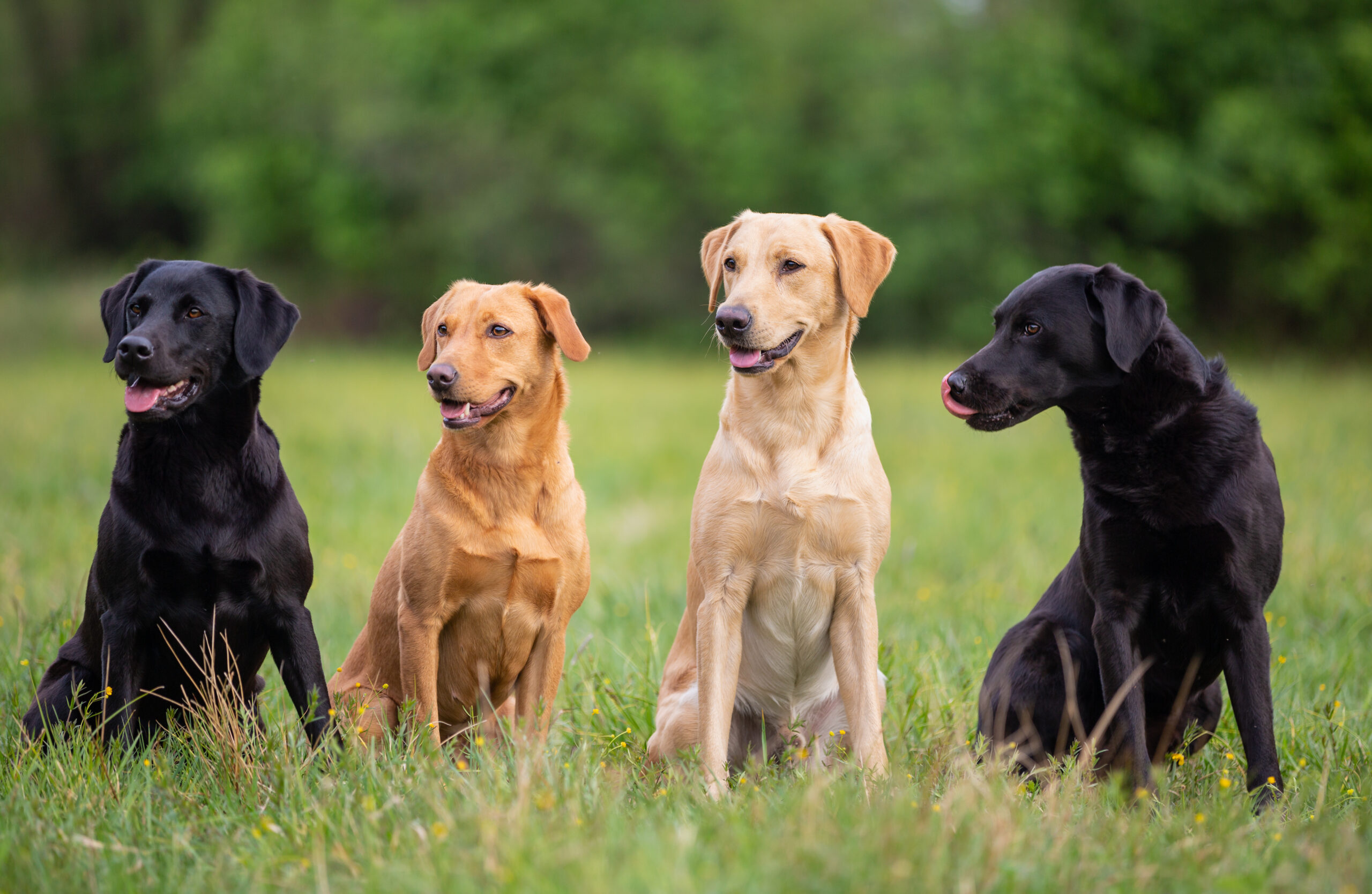The Best Foods for Your Labrador Retriever's Health and Happiness: A Comprehensive Examination
Introduction
Labrador Retrievers are beloved family companions known for their affectionate and loyal nature. Ensuring their optimal health and happiness is a top priority for pet owners, and a fundamental aspect of this is providing them with a nutritious and balanced diet. This essay will critically examine the complexities of choosing the best foods for Labrador Retrievers, exploring different perspectives on the issue, analyzing relevant research, and presenting evidence-based recommendations to promote their well-being.
Nutritional Requirements of Labrador Retrievers
Labrador Retrievers have specific nutritional requirements based on their age, weight, and activity level. Puppies require a high-calorie diet rich in protein and calcium to support their rapid growth. Adults need a balanced diet that provides energy, essential vitamins, minerals, and antioxidants. Senior dogs may require a diet tailored to their reduced metabolism and potential age-related health conditions.
Understanding Food Labels
Deciphering the information on dog food labels is crucial for informed decision-making. Look for the "Guaranteed Analysis" section, which lists the minimum and maximum percentages of protein, fat, moisture, and fiber in the food. High-quality foods will have a high protein content (>25%), moderate fat content (10-15%), and low fiber content (<5%). Avoid foods with artificial flavors, colors, and preservatives, as they can be harmful to your dog's health.
Choosing the Right Food for Your Dog's Specific Needs
The best food for your Labrador Retriever will depend on their individual needs. High-activity dogs may require more calories and protein, while dogs with allergies or digestive issues may need a specialized diet. Consult with your veterinarian to determine the most appropriate food for your dog's unique circumstances.
Commercial Dog Food vs. Homemade Diets
Commercial dog foods are widely available and convenient, but they may not always meet the specific nutritional needs of individual dogs. Homemade diets allow for more customization but require careful planning and preparation to ensure that your dog receives all the essential nutrients. It is important to consult with a veterinary nutritionist before transitioning your dog to a homemade diet.
Fresh Foods vs. Processed Foods
Fresh foods, such as fruits, vegetables, and lean meats, are a natural and nutritious option for dogs. However, they can be time-consuming to prepare and may not provide a complete and balanced diet on their own. Processed dog foods are designed to meet the nutritional requirements of dogs and typically contain a combination of fresh and processed ingredients.
The Role of Treats in a Labrador Retriever's Diet
Treats can be a valuable training tool and a way to show your dog affection. However, treats should be given in moderation and should not make up more than 10% of your dog's daily caloric intake. Choose healthy treats that are low in calories and fat, such as apple slices, carrots, or dried chicken.
Common Dietary Concerns for Labrador Retrievers
Labrador Retrievers are prone to certain dietary concerns, such as:
Conclusion
Providing your Labrador Retriever with the best possible diet is essential for their health and happiness. By understanding their nutritional requirements, analyzing different perspectives on dog food, and engaging with credible sources, pet owners can make informed decisions about what to feed their furry friends. Whether choosing a commercial dog food or a homemade diet, it is important to prioritize quality ingredients, avoid harmful additives, and consider your dog's individual needs. Remember, a well-nourished Labrador Retriever is a happy and healthy companion for years to come.
The Elegant And Playful Side Of Cavalier King Charles Spaniels
Why Rottweilers Are Great For Dog Sports
German Shepherds And Their Unbeatable Work Ethic: Fun Facts



